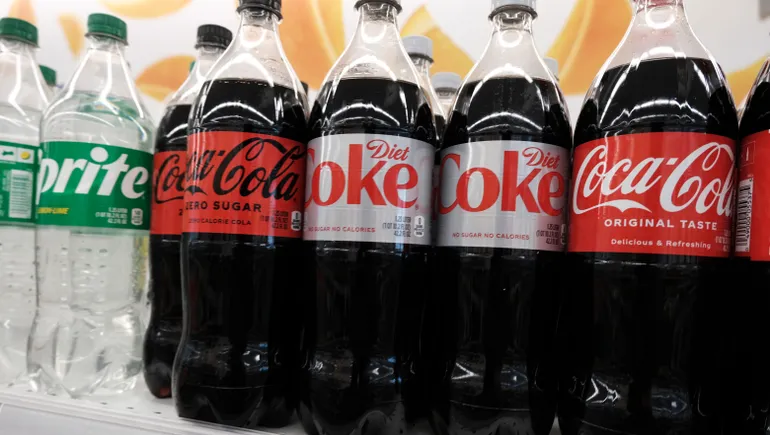Summary:
- The Coca-Cola Co. unveiled new environmental goals for packaging sustainability to achieve by 2035, focusing on design and post-use collection. These goals replace previous targets set for 2025 and 2030 related to recyclability, recycled content, and reusable packaging.
- One of the new objectives is to incorporate 35% to 40% recycled material in primary packaging (plastic, glass, and aluminum), with a particular emphasis on increasing global recycled plastic usage to between 30% and 35%. The other goal emphasizes collaborating to collect used packaging, aiming to ensure the collection of 70% to 75% of bottles and cans introduced into the market annually.
- While Coca-Cola did not introduce new goals for reuse, they expressed a commitment to investing in refillable packaging where infrastructure permits.
Analysis:
Coca-Cola’s revised goals extend the timeline for achieving their objectives and appear to refine the company’s aspirations. Previously, under the World Without Waste campaign, they aimed to recycle 100% of their packaging by 2030, whereas now the focus is on partnering for the collection of three-quarters of the bottles and cans entering the market each year.
Coca-Cola acknowledged challenges in implementing these efforts, particularly in increasing recycled content in primary packaging and ensuring efficient collection systems. Their 2023 packaging composition consisted of 47.7% plastic bottles, 26% aluminum and steel containers, and 10.4% glass bottles.
Regarding collection, Coca-Cola recognized the need for collective action due to recycling variations across jurisdictions. They emphasized advocacy for well-designed collection systems and indicated a willingness to further enhance collection efforts beyond their initial targets.
Coca-Cola’s pursuit of evolved environmental goals presents complex challenges, as noted by Bea Perez, the company’s executive vice president. However, environmental advocacy group Break Free From Plastic criticized Coca-Cola for seemingly deviating from reuse targets.
In a short environmental update, Coca-Cola reported a 90% recyclability rate across their portfolio, with 17% recycled PET content in primary packaging. While progress has been made towards their 2025 goals, meeting the 2030 targets for recycled content and collection remains a challenge.
Similar to PepsiCo, Coca-Cola faces the reality of struggling to achieve sustainability goals by 2025. This shift in packaging goals aligns with a trend observed among other brands such as Unilever and Grove, signaling a broader industry movement towards more sustainable practices.
Participation in initiatives like the U.S. Plastics Pact and the Ellen MacArthur Foundation’s global commitment underscores Coca-Cola’s commitment to addressing plastic pollution and promoting circular economy principles.

